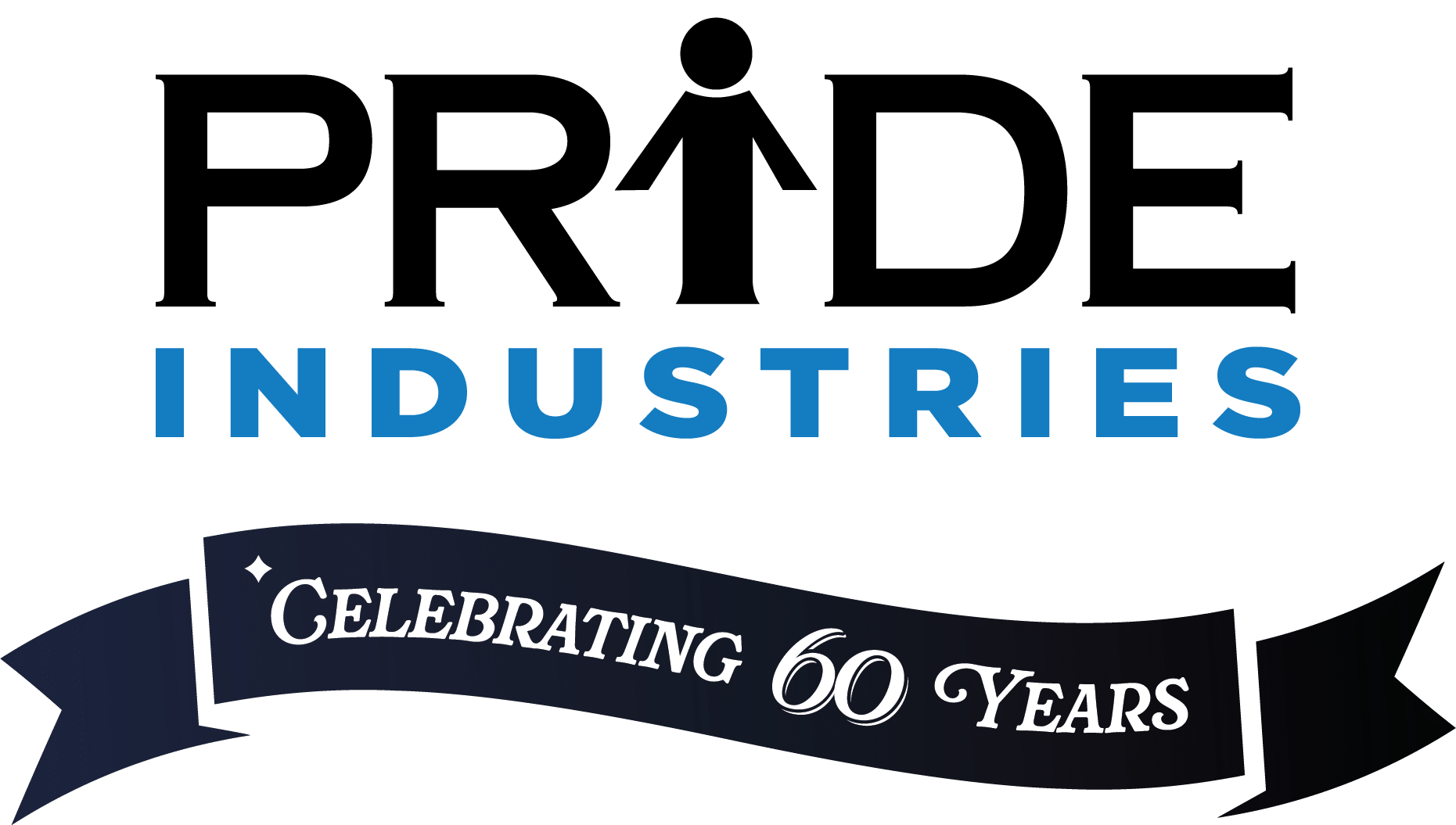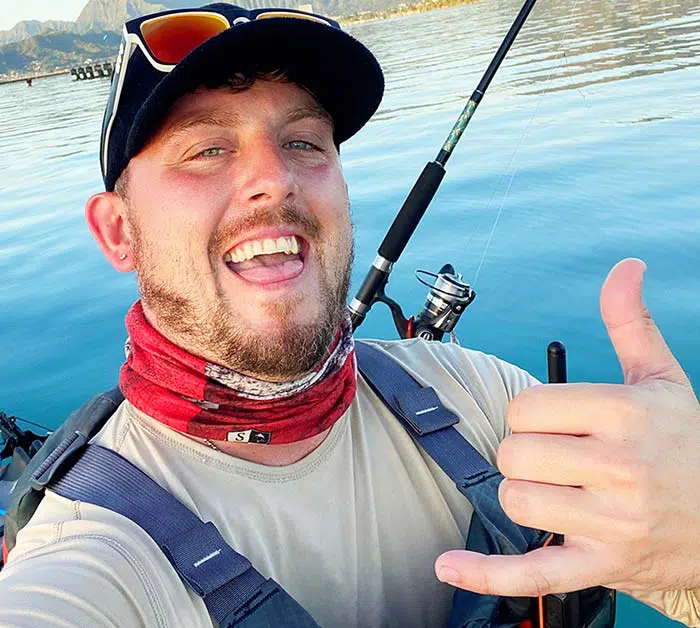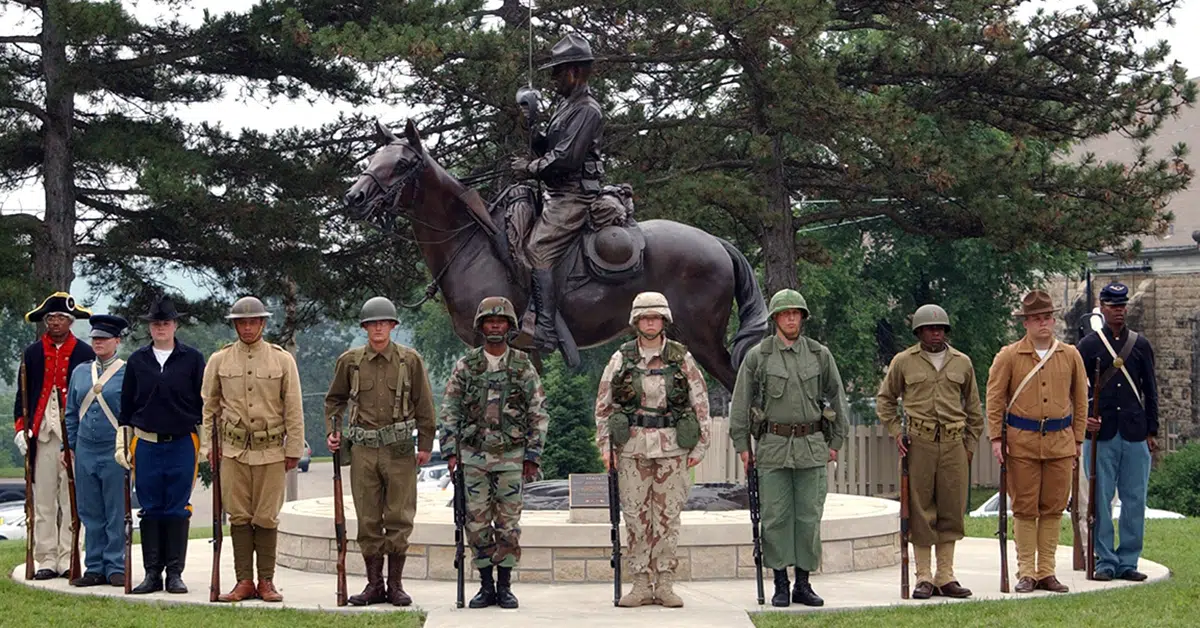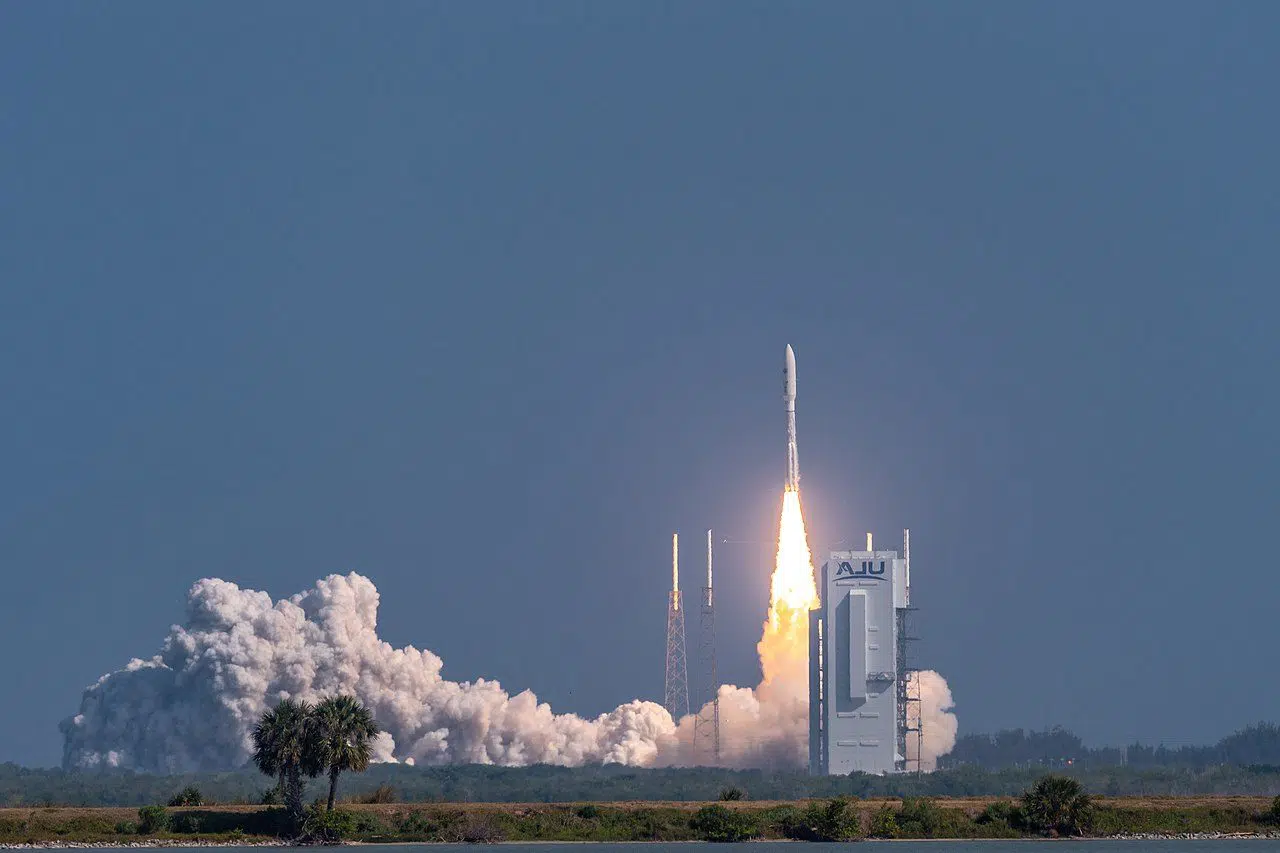PRIDE Industries is honored to be recognized by U.S. Veterans Magazine as a “2021 Best of the Best Top Veteran Friendly Companies.” We proudly support members of our nation’s military and work to employ veterans in meaningful careers.
PRIDE Industries was also mentioned in an article on September 13, 2021 on ClearanceJobs.com
- Top 25 Veteran-Friendly Businesses in National Security – ClearanceJobs 9/13/2021
- Recognition Lists – US Veterans and Military Magazine | A US Veterans News Resource (usveteransmagazine.com) 8/12/2021
Media Contact

Kat Maudru
PRIDE Industries is a social enterprise delivering business excellence to public and private organizations nationwide.






